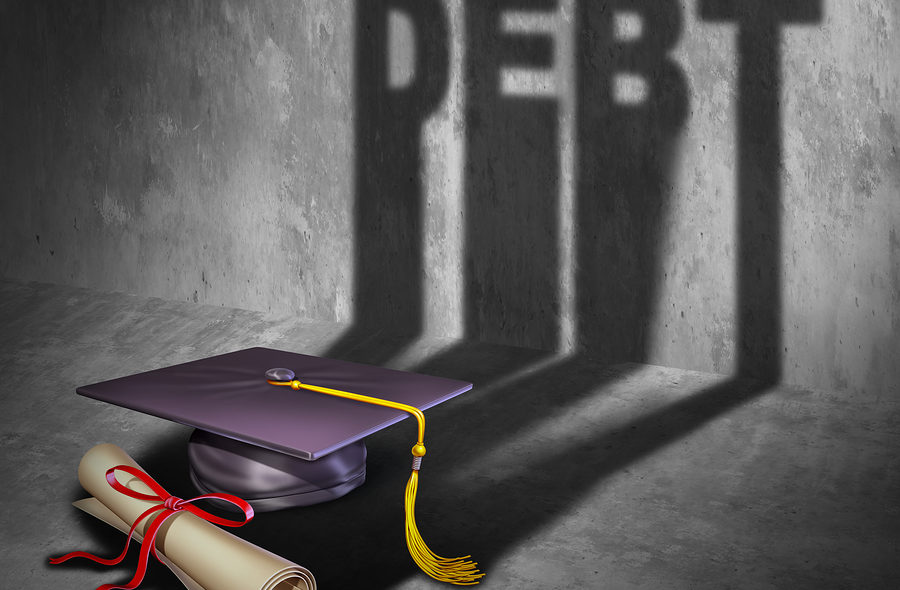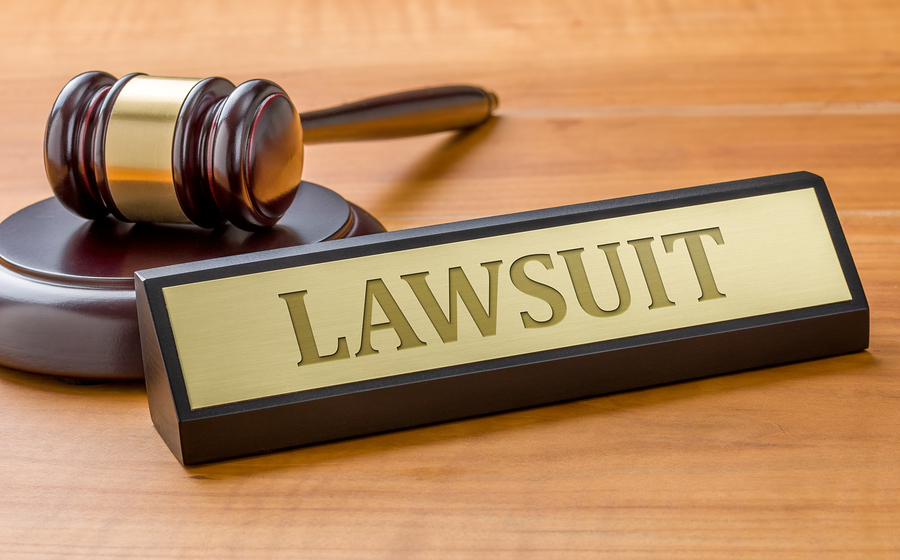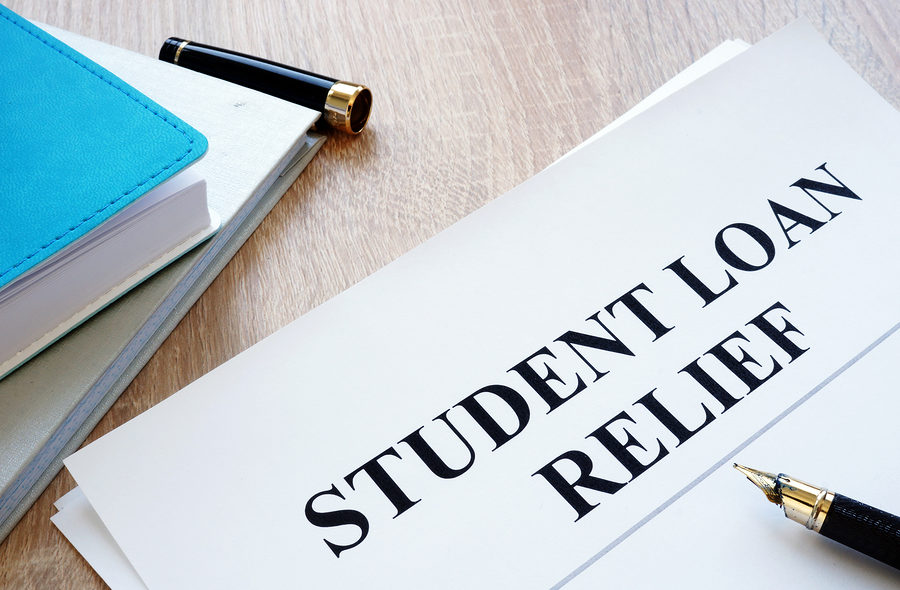More than 40 million borrowers are carrying an estimated $1.5 trillion in student loan debt. With that many individuals carrying student loan debt, it should come as no surprise that many scams are out there, hoping to take advantage of borrowers who are desperate to get out of debt quickly. Borrowers need to be aware of these debt relief scams in particular, which are now facing investigation by the Federal Trade Commission (FTC).
Student Loan Debt Elimination Scams
Many companies are out there offering the promise of eliminating student loan debt for borrowers who are desperate for a way out. However, if someone is offering a deal that sounds too good to be true, that is usually because it is, in fact, too good to be true. Many companies will promise to wipe away a person’s loans when they have no actual ability to do so. The fact of the matter is no one can promise student loan forgiveness or cancellation. Student loan borrowers can only ever receive forgiveness if they meet very specific conditions, and the fastest any borrower can receive loan forgiveness is five years. Even these forgiveness programs can be very difficult in terms of qualifications.
If the borrower has federal student loans, it should be noted that no student loan debt relief company can negotiate directly with the federal government to obtain lower rates on those loans. If a company promises the ability to negotiate a lower payment, this can normally only be done via an income-drive repayment plan, but most of these can be applied for directly by the borrower, not a third-party entity.









